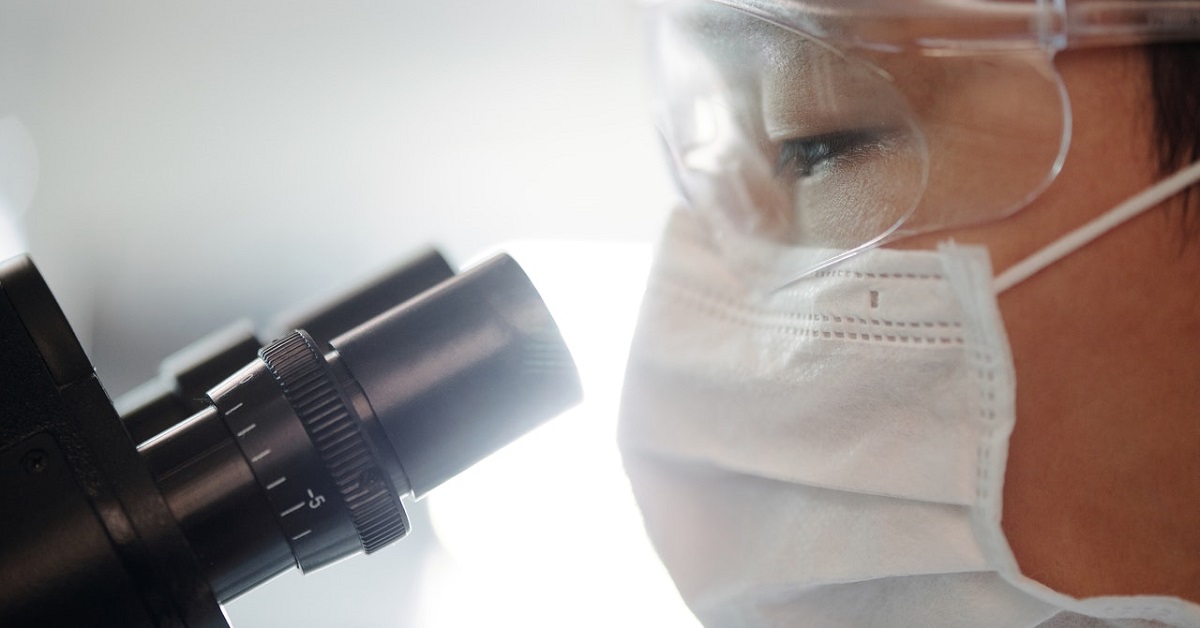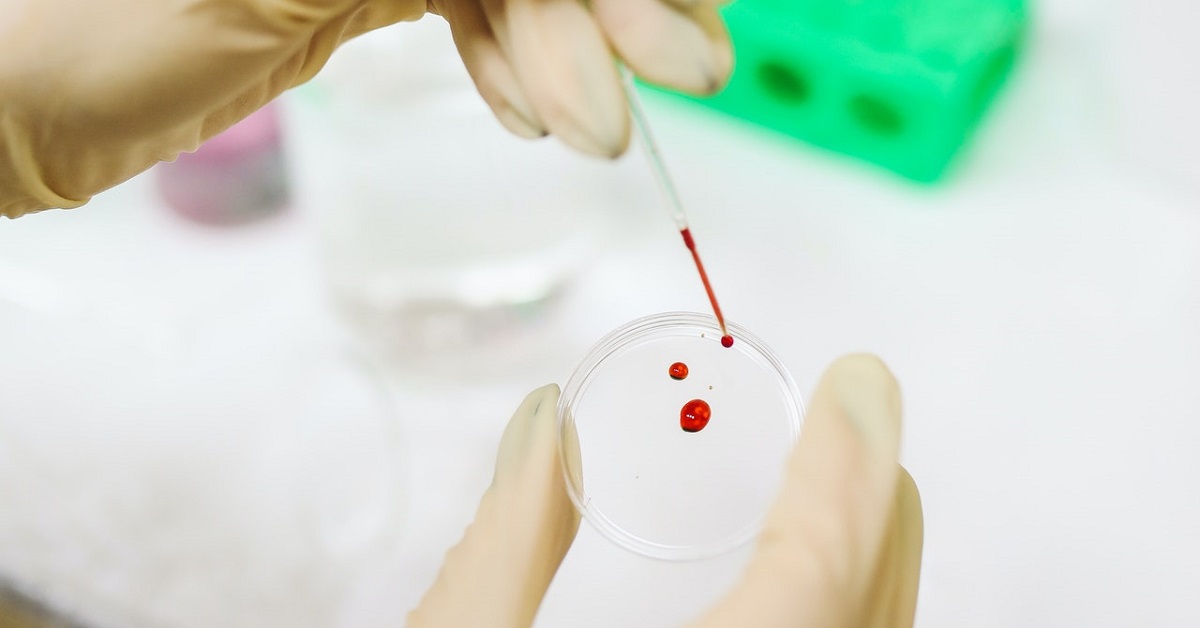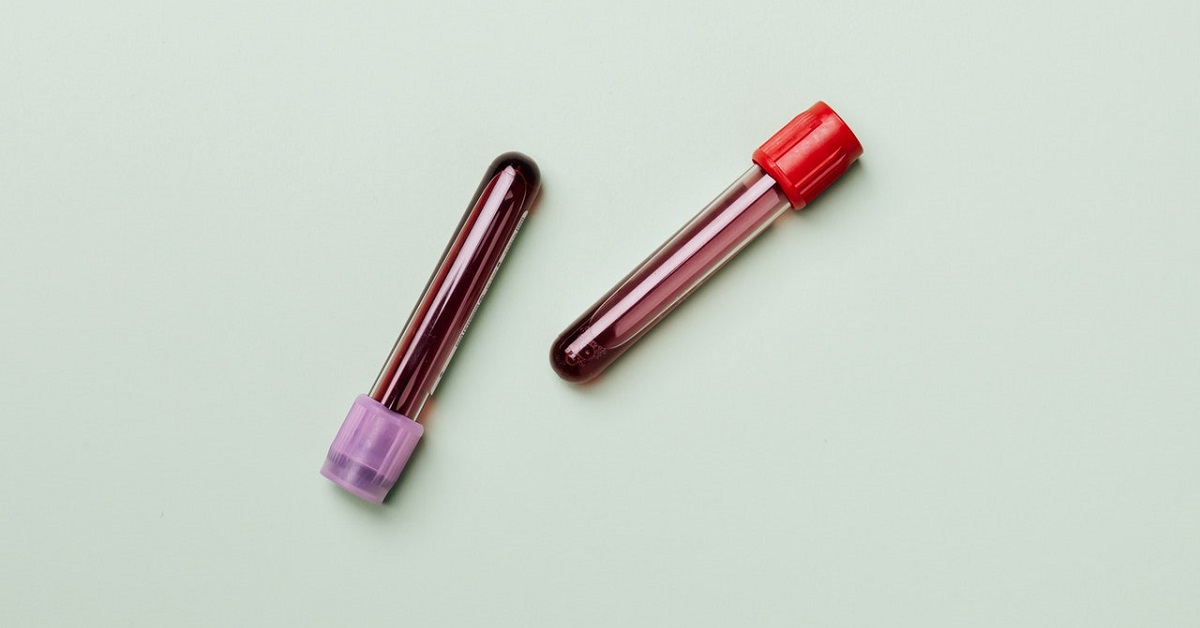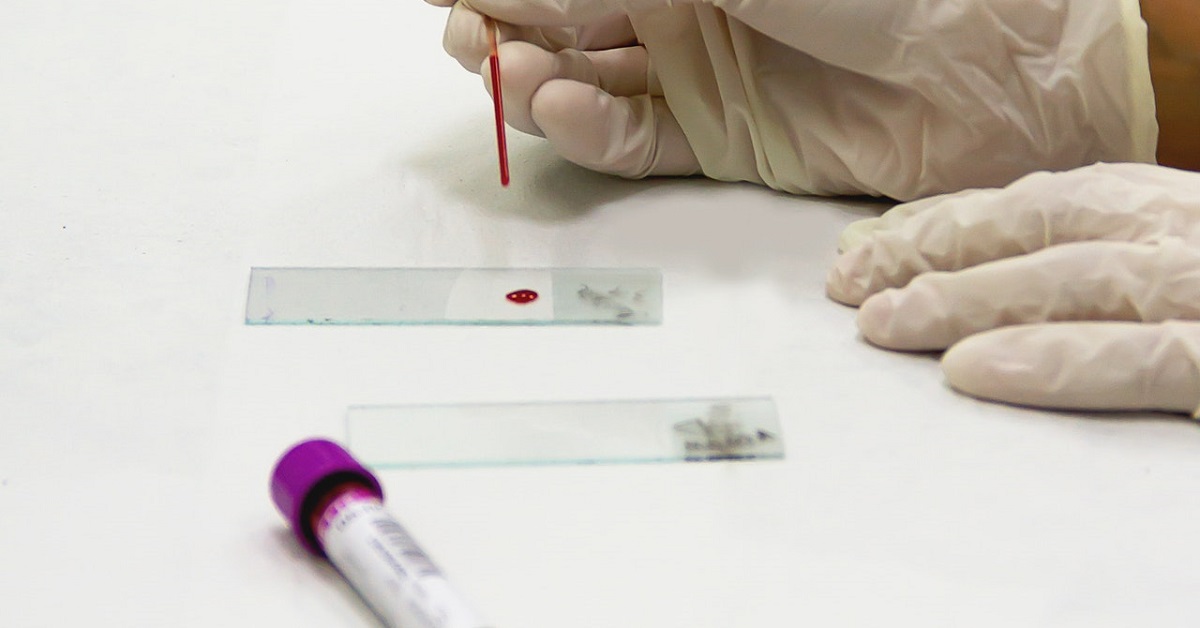
Blood tests are used to assess or examine the blood’s cells, proteins, chemicals, and other constituents. It’s one of the most common types of lab tests, also known as blood work. Blood tests are commonly performed as part of a routine check-up. Keep reading to learn more about blood testing in Exeter.
What does blood testing detect?
One of the most common types of medical tests, blood tests, can be used in many different ways.
A blood test, for example, can be used to:
– Examine your overall health
– Determine if you have a disease
– Assess the efficiency of specific organs, such as the kidneys and liver
– Look for some genetic disorders
A doctor, nurse, or phlebotomist at your GP clinic or local hospital can complete most blood tests in a few minutes.

Getting ready for a blood test
The health professional who sets up your blood test will tell you if there are any special steps you need to take before the test.
You may be required to do the following depending on the type of blood test:
– Fast for up to 12 hours, drinking only water
– Discontinuing certain medications
It is very important that you follow the guidelines to avoid any inconveniences.
What happens during blood testing in Exeter?
Blood is usually drawn from a vein in your arm for a blood test.
The arm is frequently used because it is easily exposed compared to the rest of your body. The inside of the wrist or elbow, where the veins are close to the surface, is the most common location for a sample.
Blood is typically drawn from the back of a child’s hand. Before the sample is taken, their skin may be anaesthetised with a specific spray or ointment.
A tourniquet is typically wrapped around your upper arm. The arm is compressed, causing the vein to enlarge and temporarily stop blood flow. This simplifies the process of collecting a sample.
Before taking the sample, your pharmacist may use an antiseptic wipe to clean the skin area. A needle connected to a syringe or other specific container is then used to pierce your vein. A blood sample is extracted using a syringe. As the needle is inserted, you may feel a minor pricking or scratching sensation, but it should not be painful. Inform the person collecting the sample if you are afraid of needles or blood so that they can make you feel at ease.
The tourniquet will be released and the needle removed once the sample has been obtained. A cotton-wool pad is then used to apply pressure to the skin for a few minutes. Apply a plaster to keep the minor wound clean.

Following the test
There should be no side effects because only a small amount of blood is drawn during the test. However, some patients experience dizziness and faintness during and after the exam. If this has happened before, notify the person administering the test so that they can make you feel more at ease.
You may experience some bruising where the injection was given after the test. Bruises are uncomfortable, but they are usually harmless and go away in a few days.
What are the different types of blood testing in Exeter?
There are numerous types of blood tests. Here are a couple of examples:
– A Complete Blood Count (CBC): This test looks at red and white blood cells, haemoglobin, and platelets, among other things. A CBC is frequently performed as part of a routine examination.
– A Primary Metabolic Panel: This is a group of tests that determine your liver’s levels of glucose, electrolytes, and calcium.
– Blood tests for enzymes: Enzymes are molecules in your body that regulate chemical reactions. There are various kinds of blood enzyme testing. Two of the most common tests are creatine kinase and troponin. These tests determine whether or not you have had a heart attack or your heart muscle has been injured.
– Blood tests are also used to screen for cardiovascular disease. Cholesterol and triglyceride tests are among them.
– Coagulation panel tests, also known as blood clotting tests, can help you figure out if you have a health problem that makes you bleed or clot easily.

Is it possible to do blood testing in Exeter at the pharmacy?
A pharmacist can go over your medications with you and explain how they work. They can also do health checks like measuring blood pressure and set up appointments for other procedures like blood tests.
Book your appointment with us today for your blood test.

This blog post was written on behalf of Luxtons Pharmacy by Pharmacy Mentor.
